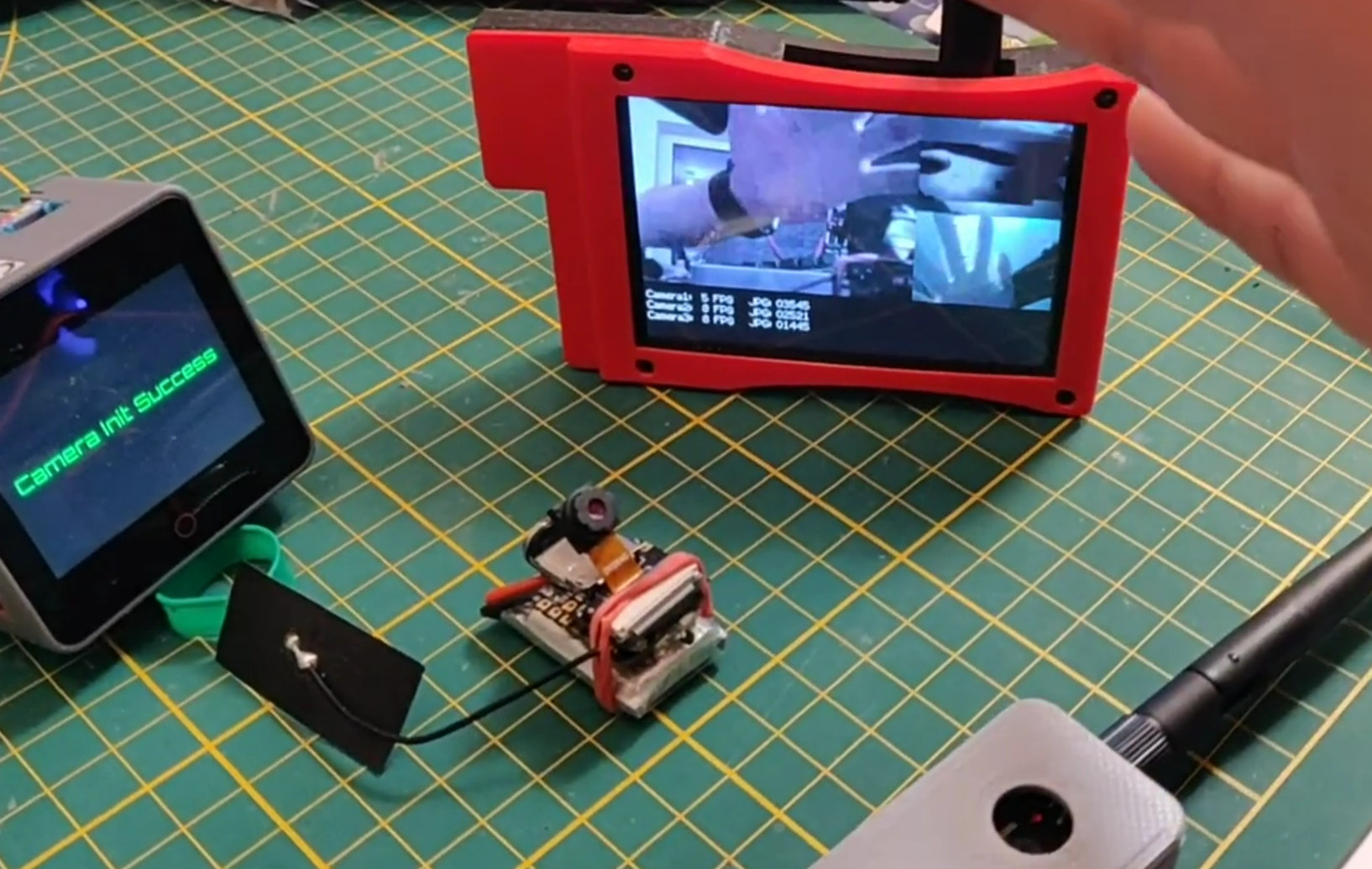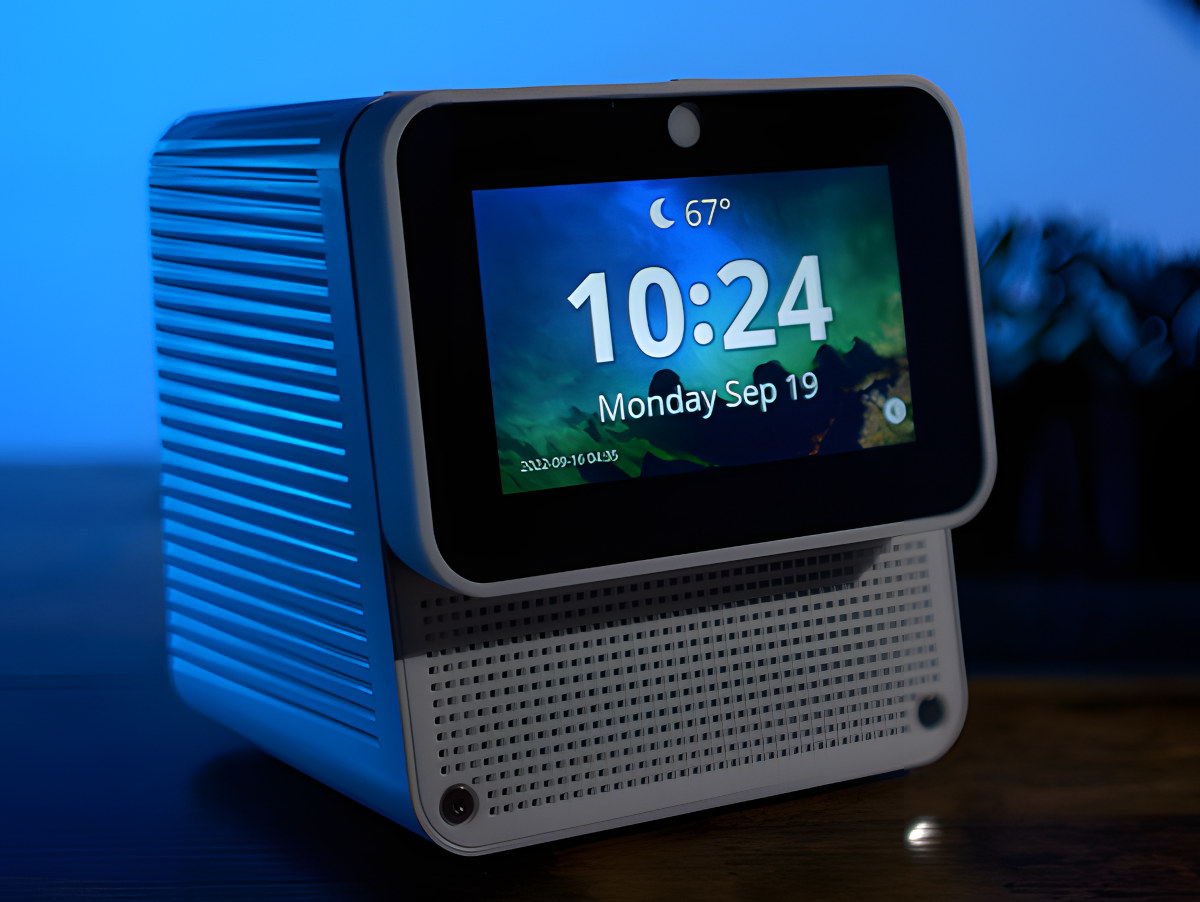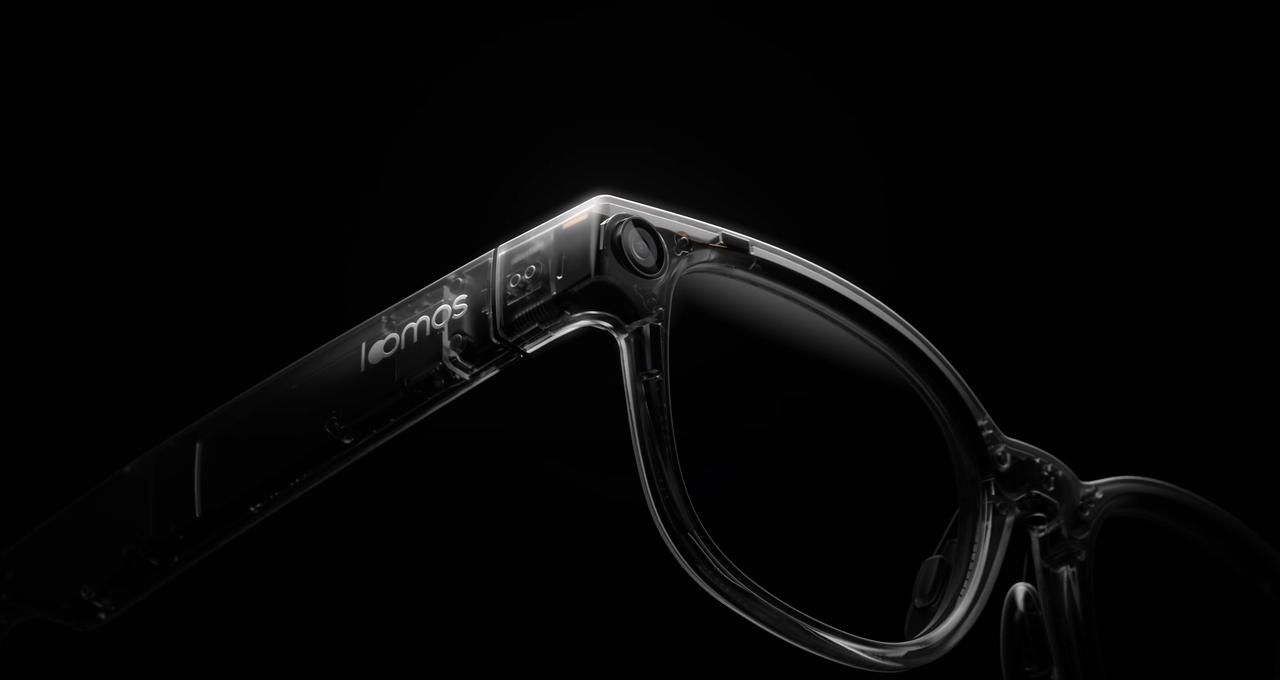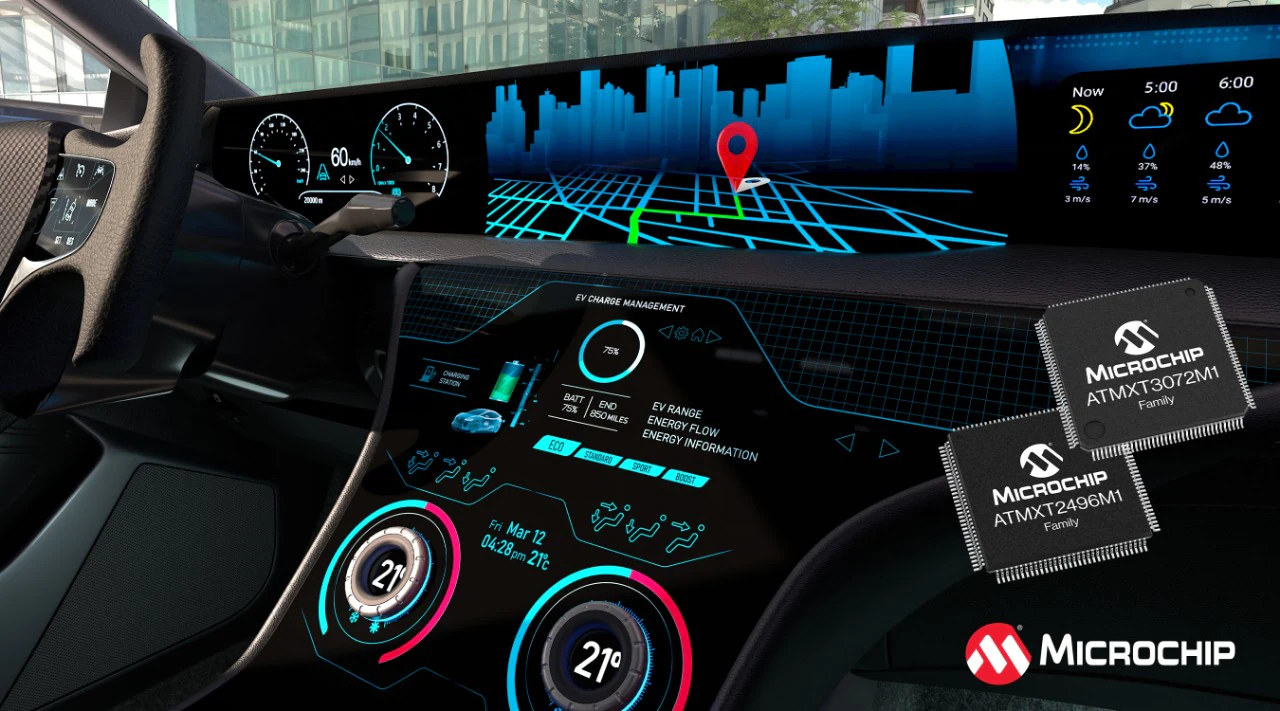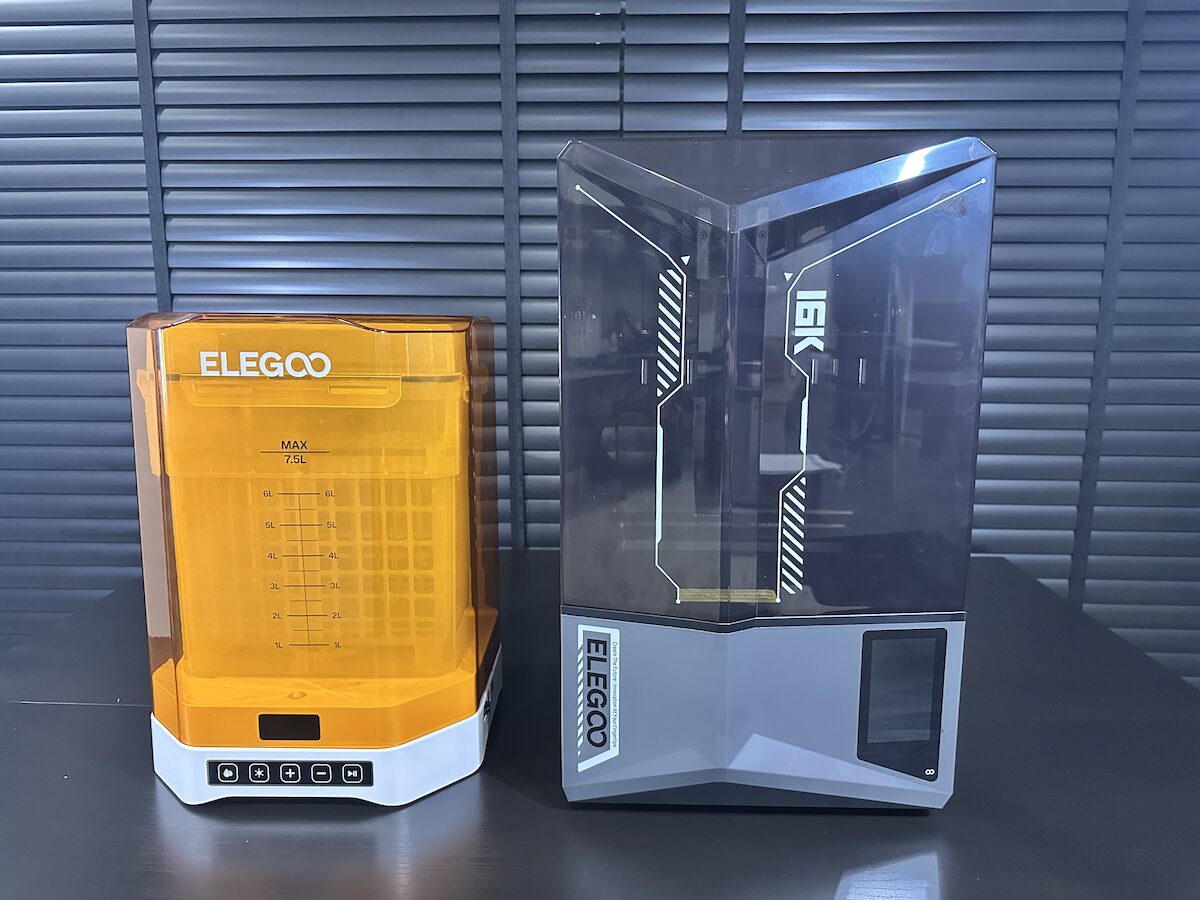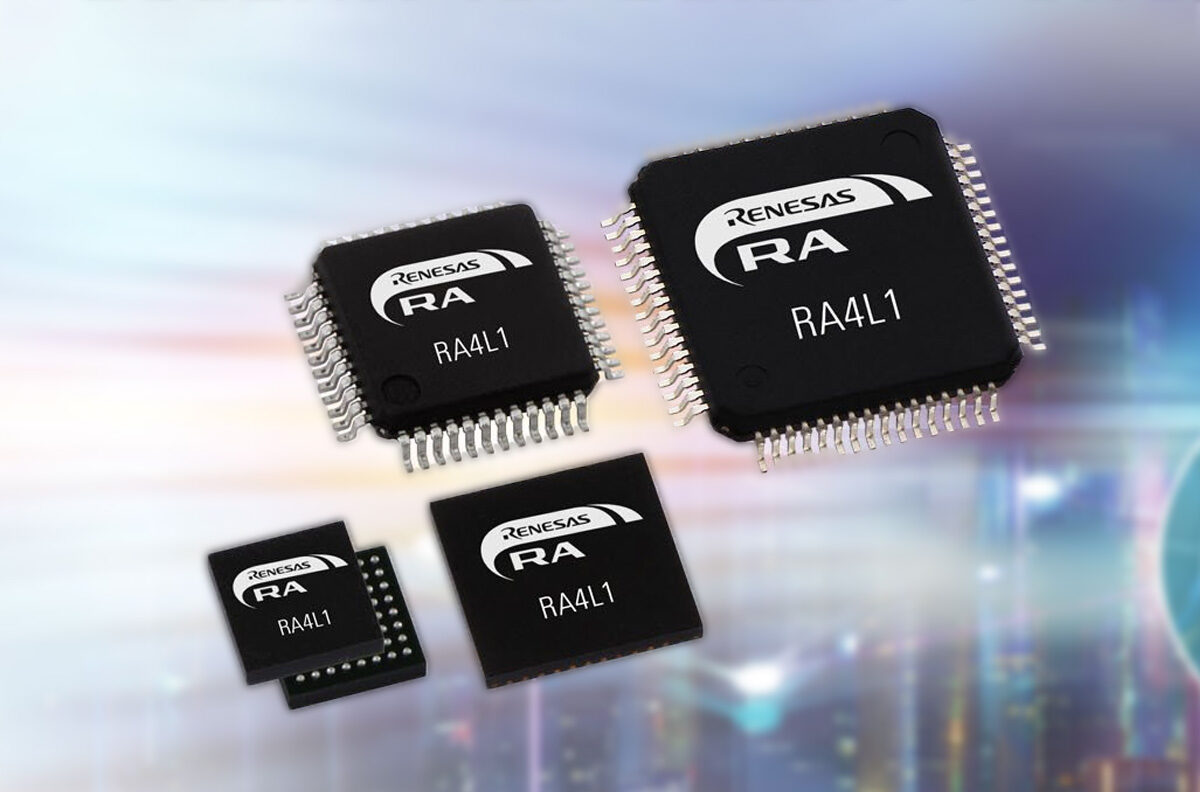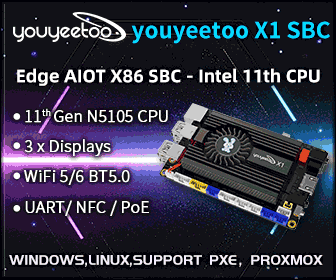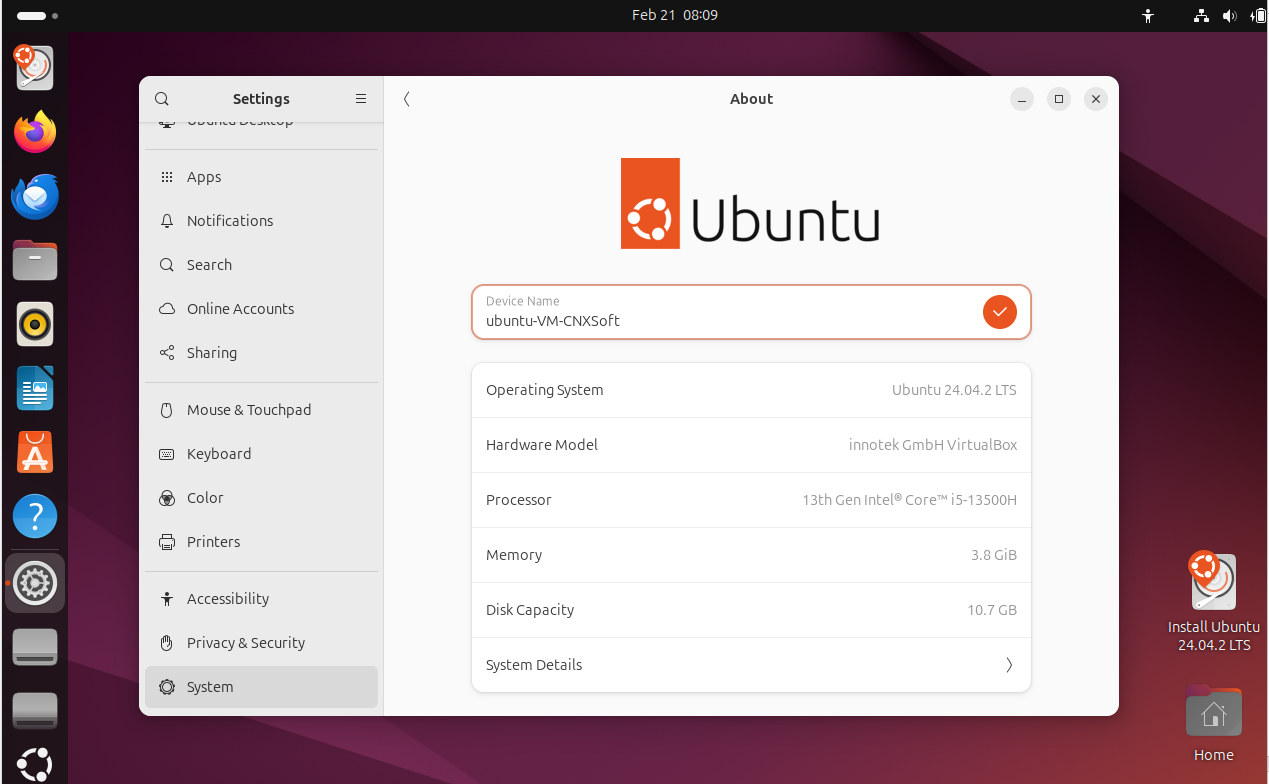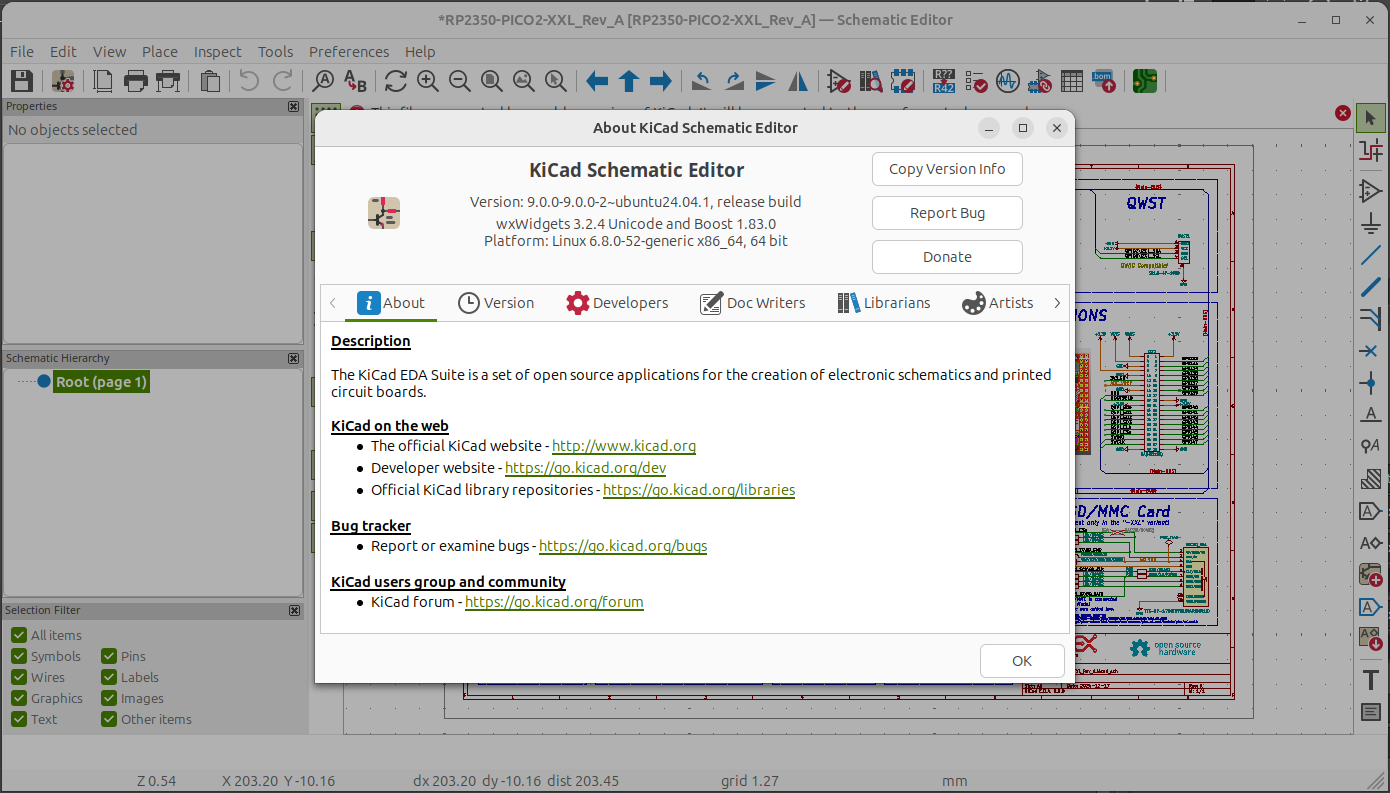ESPNowCam is an open-source library for ESP32 camera boards that relies on the ESP-NOW protocol for efficient point-to-point, one-to-many, or many-to-one video or data transmission. ESP32 microcontrollers already support WiFi or Bluetooth connectivity, but the ESP-NOW offers an alternative in scenarios where low latency is required and/or access to a router is not feasible or practical. That’s why we’ve previously seen ESPNOW used in ESP32 drones. As its name implies, the ESPNowCam project leverages the ESP_NOW wireless protocol for ESP32 video cameras, but can also be used for data transmission. ESPNowCam highlights: Transmission modes One transmitter to multiple receivers using the internal ESPNow broadcasting feature (1:N mode) Peer-to-peer (P2P) connections utilizing MAC address targeting (1:1 mode) Multi-sender mode with one receiver (N:1 mode) No need for IPs, routers, or credentials The project was first released in January 2024, but I’ve only noticed it, and it had several iterations since then. […]
The OpenVoiceOS Foundation aims to enable open-source privacy and customization for voice assistants
The OpenVoiceOS Foundation, or OVOS Foundation for shorts, is a non-profit organization dedicated to advancing open-source voice assistant technology and offers an open-source privacy-focus alternative to voice assistant by large companies like Amazon, Google, and Apple. One of the founders, Peter Steenbergen (j1nx), explained to us it all started when he read an article on CNX Software about Mycroft Mark II voice assistant hardware in 2018. He ended up being involved and created “MycroftOS“, later renamed to “OpenVoiceOS – Mycroft Edition”, as a Just Enough OS utilizing Buildroot and working on the Mark II. There were some tensions with the open-source community at some point, and the Mycroft project went south from there and the company had to close in 2023. Eventually, OpenVoiceOS took over the codebase of Mycroft A.I. and managed to merge lingering PR from the open-source community. Together with NEON A.I., they took over the Mycroft A.I. community […]
Loomos AI smart glasses integrate GPT-4o, offer a 16MP camera and hi-fi audio for $199+ (Crowdfunding)
Chinese power supply company, SHARGE, has launched a pair of GPT-4o-powered smart glasses with a 16-megapixel camera capable of capturing 4K photos and 1080p videos. Like the Looktech AI glasses and Meta Ray-Ban series, the Loomos AI smart glasses have no onboard display. Instead, they feature a microphone array, onboard speakers, and side buttons for user control and feedback. The Loomos glasses are powered by a 2.0Ghz UNISOC quad-core processor and come integrated with the multi-modal GPT-4o for real-time AI assistance. The stated battery life is much more impressive than the competition at 40 hours of standby time (from a 450mAh battery). The company also offers a 6,500mAh neckband power bank for uninterrupted all-day wearing. The company promises security and privacy with the glasses. Data is processed anonymously with TLS encryption and users retain full control of their data. The glasses also include an indicator light to alert people around […]
New Microchip maXTouch M1 automotive touchscreen controllers support curved displays, physical Knob-on-Display technology
Microchip Technology’s ATMXT3072M1 and ATMXT2496M1 add to the existing maXTouch M1 automotive touchscreen controllers and are designed for large, curved, free-form displays, including ones using OLED and microLED technologies. These controllers support up to 112 reconfigurable touch channels (or 162 in ultra-wide mode), enabling touch functionality for displays up to 20-inch (16:9 format) or 34-inch (7:1 format) in size. Additionally, they use smart mutual touch acquisition to enhance signal-to-noise ratio (SNR) by +15 dB, ensuring reliable touch detection in high-capacitive environments. The controllers also feature integrated Knob-on-Display (KoD) technology for physical control knobs on touchscreens and low-latency haptic feedback for enhanced user interaction. The controls meet ASIL-A and B safety standards and support OTA firmware updates with SHA-512 authentication for cybersecurity compliance (ISO 21434:2021). All these features make these MCUs suitable for user-friendly infotainment and dashboard systems. Microchip ATMXT3072M1 and ATMXT2496M1 specifications Touchscreen channels ATMXT3072M1 – 112 fully configurable sensor […]
ELEGOO Saturn 4 Ultra 16K Review – A resin 3D printer tested with CHITUBOX slicer and ChituManager software
ELEGOO sent us the Saturn 4 Ultra 16K Resin 3D printer for review. As its name implies, the 3D printer features a 10-inch LCD with a resolution of up to 16K (14112×7936 pixels) to print sharper and more detailed workpieces. The printer also offers WiFi and Ethernet connectivity, and an automatic print base detection and leveling system to increase accuracy and reduce errors while printing. We were also provided with the ELEGOO Mercury Plus 3.0 wash and cure station for the review. It is designed to be easy to use, supports both water and alcohol washing, and is equipped with a 405nm UV light to increase strength and reduce the stickiness of the workpiece. Unboxing and Key features of the ELEGOO Saturn 4 Ultra 16K resin 3D printer Smart Tank Heating System The ELEGOO Saturn 4 Ultra 16K resin 3D printer features a “smart tank heating system” that enables high-quality […]
Renesas RA4L1 ultra-low-power MCU family offers 168 µA/MHz operation, dual-bank flash, capacitive touch
Renesas has recently introduced the RA4L1 ultra-low-power Arm Cortex-M33 MCU family along with two evaluation/development boards. This new lineup consists of 14 ultra-low-power devices based on an 80 MHz Arm Cortex-M33 processor with TrustZone support and designed for metering, IoT sensing, smart locks, digital cameras, and human-machine interface (HMI) applications. The RA4L1 MCU family offers high power efficiency at 168 µA/MHz while active and a standby current of 1.70 µA while retaining SRAM. Additionally, they support segment LCD, capacitive touch, USB-FS, CAN FD, low-power UART, multiple serial interfaces (SPI, QSPI, I2C, I3C, SSI), ADC, DAC, real-time clock, and security features like the RSIP security engine with TRNG, AES, ECC, and Hash. Renesas RA4L1 microcontroller Renesas RA4L1 specifications MCU core Arm Cortex-M33 core (Armv8-M) Up to 80 MHz operating frequency Arm Memory Protection Unit (MPU) 8 secure regions (MPU_S) 8 non-secure regions (MPU_NS) CoreSight ETM-M33 Dual SysTick timers (secure & non-secure) […]
Ubuntu 24.04.2 released with Linux 6.11 kernel and hardware enablement stack
Ubuntu 24.04.2 has just been released with Linux 6.11 kernel and hardware enablement (HWE) stack. I would typically not care too much about a point release, but our reviews of mini PCs have shown Ubuntu 24.04 with Linux 6.8 was not always well supported with recent mini PC, mostly due to issues with WiFi or Bluetooth, but sometimes it’s even worse. The most common problem I encountered was that MediaTek MT7922-based WiFi 6 and Bluetooth 5.3 module would not support Bluetooth on Ubuntu 24.04 unless we updated the Linux kernel to version 6.10 or newer. Mini PCs with recent processors like the Khadas Mind 2 AI Maker Kit based on Intel Core Ultra 7 258V AI SoC required even more tweaks for HDMI audio, GPU, and WiFi + Bluetooth which is why I tested it with Ubuntu 24.10 instead. Ubuntu 24.04.2 should solve all of those issues. The announcement explains […]
KiCad 9 released with support for embedded files, tables in schematics, custom ERC/DRC errors, mouse scroll wheel actions, and more
KiCad 9 open-source EDA software has just been released with a range of new features such as support for embedded files (fonts, 3D files, PDF), tables in schematics, custom ERC/DRC errors, warnings, and exclusion comments, mouse scroll wheel actions, multiple track drag, and much more. The latest KiCad 9.0.0 release includes 4,870 unique commits from hundreds of developers and translators, and the KiCad library has further gained 1500 new symbols, 750 new footprints, and 132 new 3D models. There are way too many changes to list them all here, so I’ll mention some highlights here: Jobsets (predefined output jobs) – Feature that provides predefined sets of ‘jobs’— plotting, exporting, and running DRC—on schematics and PCBs. Independent jobset files are reusable as users may want to create output pipelines that they can apply across their projects for consistency. Jobsets can be run from the command line or the KiCad GUI. Embedded […]


